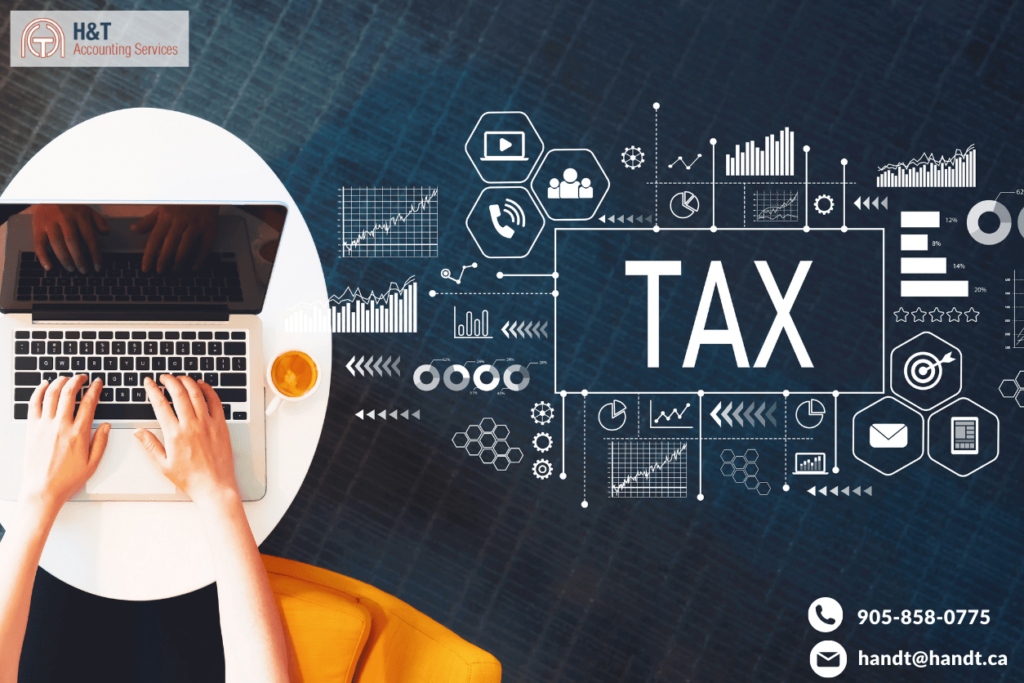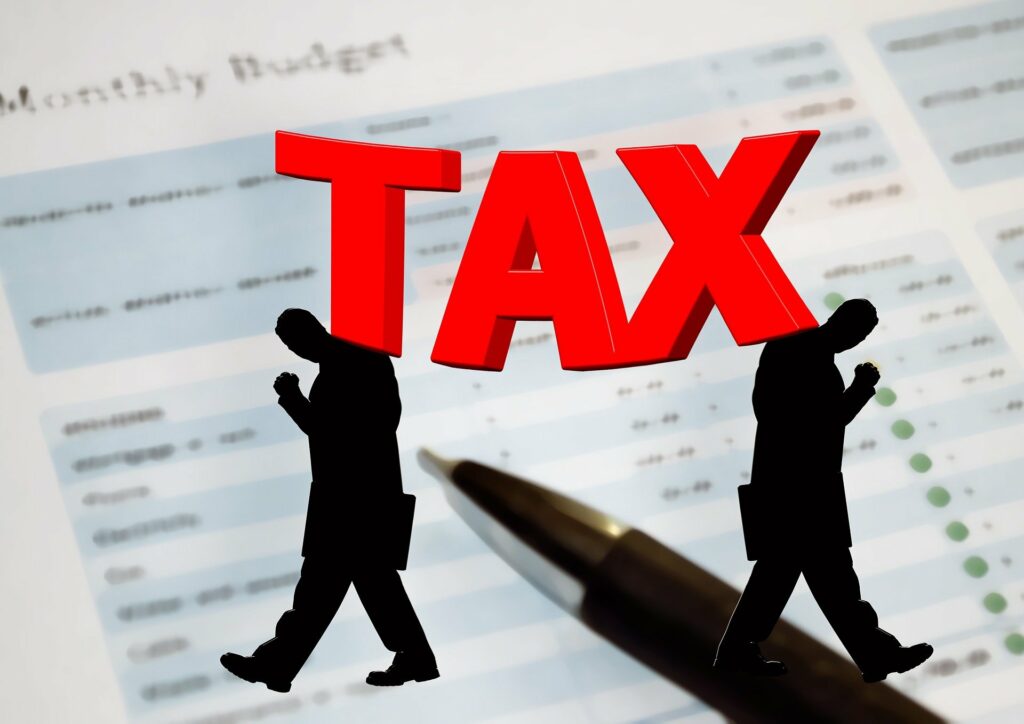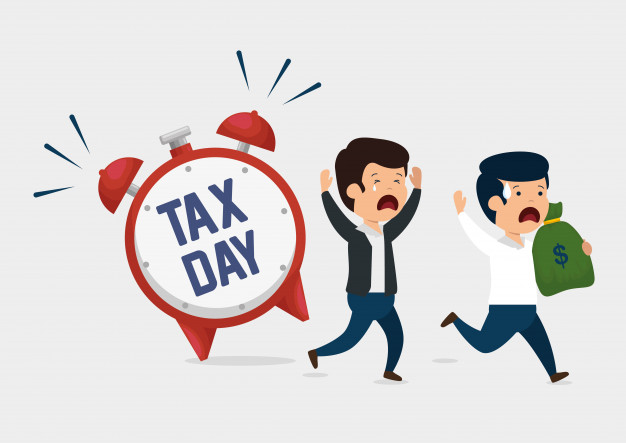As a small business owner, we can often think that the odds are stacked against us when it comes to capital and finances. But it is important for small business owners to be informed that the Canadian tax system is set up to your advantage. You can build wealth within your company and for retirement. As hard as it might be to believe, there are methods to create wealth right within the tax system that are encouraged by the government.
Firstly, it is important to understand that the Canadian tax system is broken up into two parts: personal and corporate tax.
Personal Tax vs. Corporate Tax
Personal tax rates can be quite high. You may pay high personal tax rates and, in a way, this makes sense. The government wants you to pay its money before you go and spend it somewhere else. This is what GST (Goods and Service Tax) and HST (Harmonized Sales Tax) are all about. This tax (consumption tax) is a way of trying to prevent you from overspending.
On the other hand, we have corporate tax, small business tax rates are between 9% and 15% based on which province you live in. Although it might seem arbitrary, the corporate tax rate is much lower than the personal tax rate since the government wants you to contribute towards the economy.
Income Retention in Corporation
We all love paying the lowest amount possible in taxes which is why some entrepreneurs may potentially keep as much income earned and build a nest egg in your corporation. But, due to recent tax changes by the government, they have discouraged this and are trying to stop this from happening. The government still wants you to save capital for the future but just not this way, instead here are the recommended methods of doing so.
Method 1 – RRSPS
Instead, the government wants you to payout your salary, and use RRSPs. This method can be used for saving for the future, the government wants you to do so using that salary that you earn. You simply create a RRSP contribution room and retirement fund, and it grows quite quickly as taxes aren’t paid now but down the road in the future. Overall, you have a greater amount of money to start with which further grows and helps a lot as retirement reaches.
Method 2 – Lifetime Capital Gains Exemption
This method is quite valuable and can change the way you think about your business in a positive manner. This big tax incentive by the government is policy-based, basically what the government wants is for you to create a treasured business that you could potentially sell in the future and obtain tax-free money. The strategy to carry this out is through the lifetime capital gains exemption. This policy is a method and not a loophole, additionally it’s not going away any time soon. It’s very policy-based, simply put the government wants you to create a company that’s not going to croak when you die or retire. In return for this, the government is offering $900,000 of tax-free money for selling the shares of your small business corporation that qualifies.
This is such a treasured tool for retirement and creating wealth, yet it is often overlooked. The primary reason it is overlooked is that it is a lot of work to achieve this. Many things need to be resolved within the business to ensure that it is sellable. It can be quite complicated but with the help of professionals at H&T Accounting Services, you can achieve this.
Collectively, there are many ways you can set yourself up for success as a small business owner with the help of the government policies and rules. Understanding how the tax system works is crucial to avail these opportunities and retire with as much capital as you possibly can. It is important to understand that having an accountant or financial advisor that understands your goals can only help you achieve this. Book an appointment with us today to take your small business to the next level whilst setting yourself up for success.








